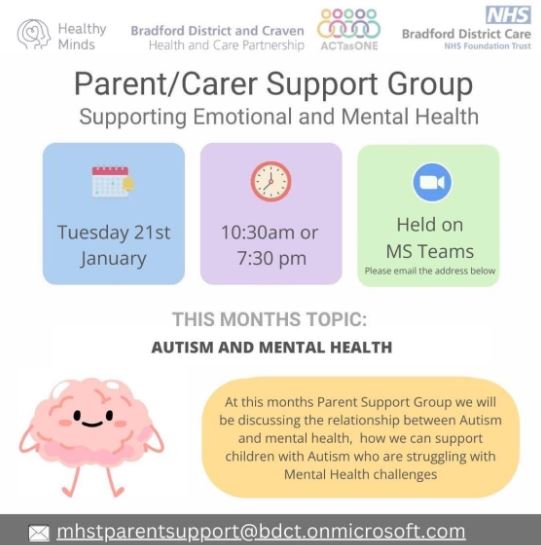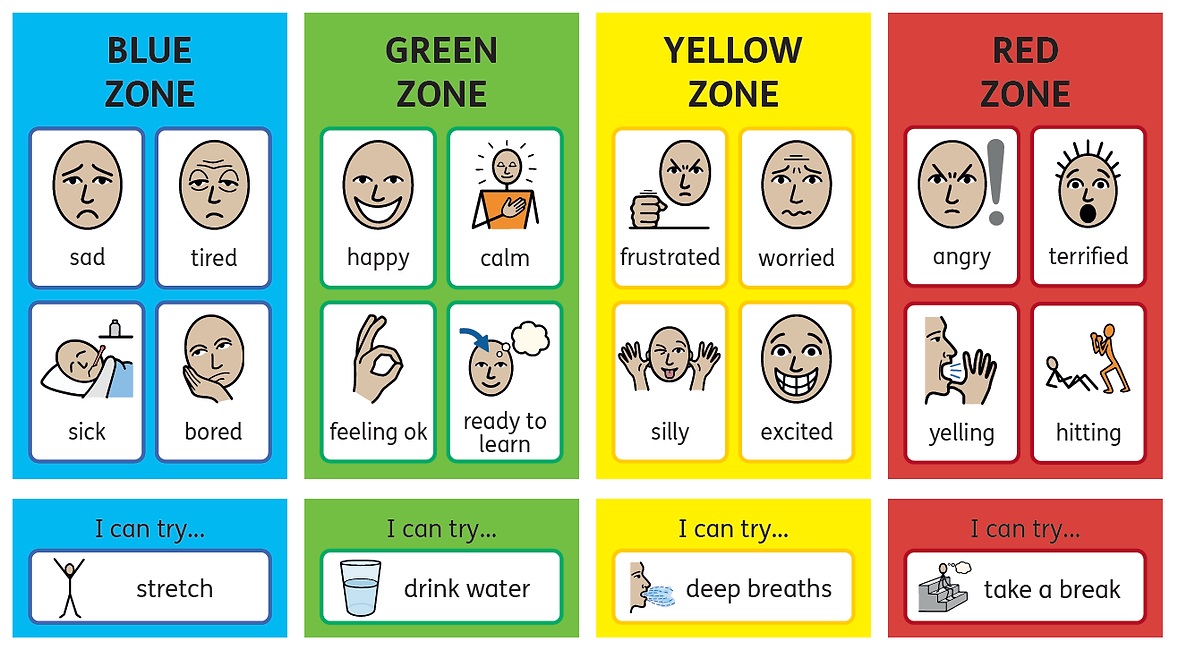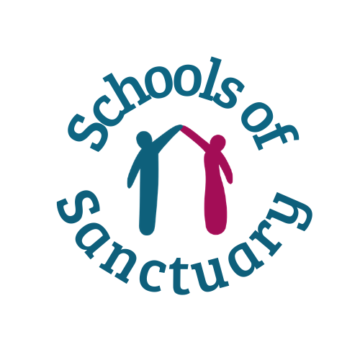Mental Health Support Team

Mental Health & Well-Being
As a Rights Respecting School, we recognise that children need to feel emotionally safe to reach their full potential.
- Article 29 of the UNCRC: Every child has the right to develop their talents and abilities.
- Article 24 of the UNCRC: Every child has the right to access healthcare when needed.
To support emotional well-being, we foster emotional literacy through PSHE lessons, our autumn focus on the Zones of Regulation, and dedicated Mental Health & Well-Being Days each term.
We are privileged to collaborate with our local Mental Health and Support Team, including Hannah Cairns, a Senior Mental Health Practitioner.
craven newsletter spring 2025.pdf
Visit our Values and Ethos page to see these in action throughout our school.
Zones of Regulation
As a school, we use the Zones of Regulation within our PSHCE taught curriculum and as part of our behaviour management. Regulation is something everyone continually works on whether we are aware of it or not. We all encounter trying circumstances that can test our limits. If we can recognize when we are becoming less regulated, we are able to do something about it to manage our feelings and get ourselves to a healthy place. This comes more naturally for some, but for others it is a skill that needs more attention and practice. This is the goal of The Zones of Regulation.
Feelings are complicated. They come in different sizes, intensities, and levels of energy that are unique within our brains and bodies. To make them easier to talk about, think about, and regulate, The Zones of Regulation organizes our feelings, states of alertness, and energy levels into four coloured Zones – Blue, Green, Yellow, and Red. The simple, common language and visual structure of The Zones of Regulation helps make the complex skill of regulation more concrete for learners and those who support them. We learn to regulate our Zones to meet our goals and task demands, as well as support our overall well-being.

Emotion Coaching
We are also trained in Emotion Coaching. Behaviours are a communication of emotion. The behaviour we can see, observe and that are presented are the tip of the iceberg. What isn’t always obvious are the cognitive processes, the feelings, the motivations, the perceptions that underly the behaviour. The underlying emotions and motivations can be complex, and it can take time to explore what the motivations may be. But because they influence and control the visible behaviours (the visible iceberg), when we spend time considering this, we help the young person to understand why they are feeling how they are, and why they are behaving as they are. Through our relationships with others, we learn to understand the emotions we feel and how to regulate and respond to them in ourselves and in others. Emotions matter to learning, relationships matter to learning, our experiences and environments matter to learning.
The basis of this approach is being able to handle emotions/ emotional awareness will contribute to success/happiness across all contexts. Emotion Coaching is a discrete approach to the promotion of social and emotional skills, which is based on the principles that nurturing and emotionally supportive relationships provide optimal context for the promotion of those skills. Emotion coaching uses moments of heightened emotion and the behaviours that present at those times to guide and teach the child or young person about more effective responses through empathetic engagement with the child's emotional state.










